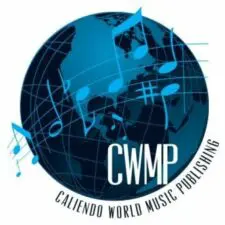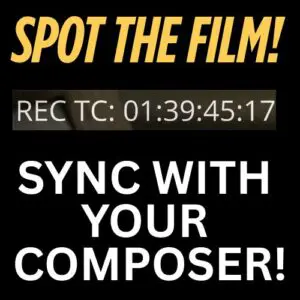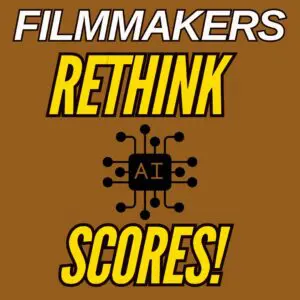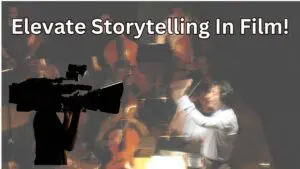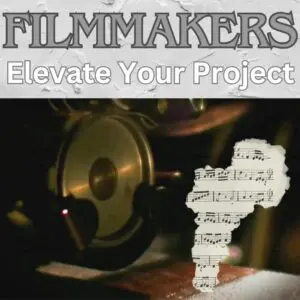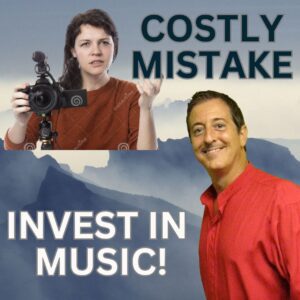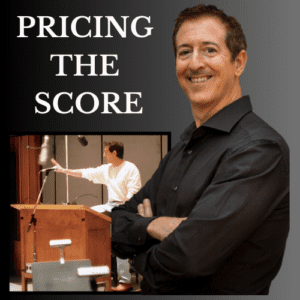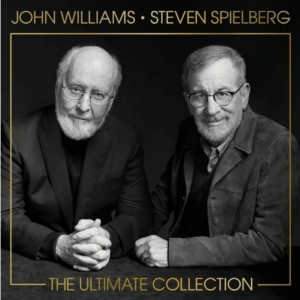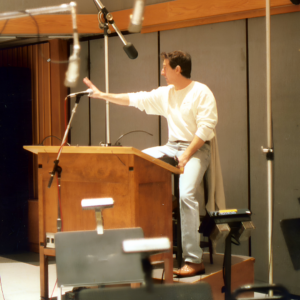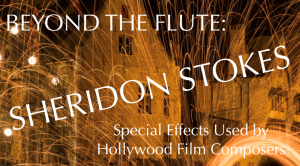5 Great Composer-Filmmaker Strategies

Introduction:
In the world of filmmaking, the relationship between a composer and a filmmaker is pivotal to creating a unified, emotive, and impactful cinematic experience. This collaboration transforms a screenplay into a multidimensional piece of art where visuals and music seamlessly intertwine. This article explores how composers and filmmakers work together to craft a cohesive vision that elevates narrative storytelling through music.
Understanding the Filmmaker’s Vision
The first step in any successful collaboration is understanding the filmmaker’s vision. This involves:
- Detailed Conversations: Initial meetings should cover the film’s themes, characters, emotional beats, and cinematic style.
- Script Analysis: Composers should thoroughly read the script to grasp the narrative, pacing, and key moments where music will play a crucial role.
- Visual References: Filmmakers often share visual references or mood boards to help composers understand the aesthetic and tone of the project.

https://www.masterclass.com/classes/jodie-foster-teaches-filmmaking/chapters/creating-the-vision-for-your-film
Translating Vision into Music
Once the vision is clear, the composer begins the process of translating this into a musical language:
- Thematic Development: Creating motifs or themes for characters, settings, and key narrative arcs helps in maintaining consistency.
- Instrumentation Choices: Selecting instruments that match the film’s era, setting, and emotional tone.
- Sketches and Demos: Providing early musical sketches or demos to the filmmaker for feedback ensures alignment before full compositions are developed.
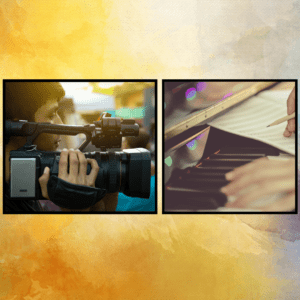
Effective Communication Strategies
Maintaining open and effective communication throughout the project is crucial:
- Regular Check-ins: Frequent meetings or updates help in ensuring both parties remain aligned.
- Feedback Loops: Constructive feedback sessions where the filmmaker can express what works and what needs adjustment.
- Adaptability: Both composer and filmmaker should remain open to changes and new ideas that may arise during the post-production process.
Real-World Example: Spielberg and Williams
One of the most iconic composer-filmmaker duos is Steven Spielberg and John Williams. Their collaboration on films such as “Jaws,” “E.T.,” and “Schindler’s List” showcases the magic that can happen when a director and a composer are in sync:
- Jaws: Williams’ simple yet haunting two-note motif became synonymous with Spielberg’s vision of impending danger.
- E.T. the Extra-Terrestrial: The score’s emotional depth helped to articulate the themes of friendship and wonder that Spielberg visualized.

https://www.looper.com/1167482/john-williamss-50-year-collaboration-with-steven-spielberg-stems-from-spielbergs-love-of-hollywoods-past/
Navigating Challenges
Collaboration isn’t without its challenges. Here are some common issues and how to tackle them:
- Conflicting Ideas: Open dialogue about priorities can help partner compromise and innovate.
- Time Constraints: Efficient project management and scheduling ensure deadlines are met without compromising quality.
- Interpreting Feedback: Composers need to decode filmmakers’ feedback into actionable musical changes, which requires patience and understanding.

https://www.documentary.org/feature/minding-your-beats-and-cues-tips-working-composer
Conclusion
The synergy between composer and filmmaker is fundamental to the success of any film. By understanding each other’s vision, translating it effectively into music, maintaining open communication, and navigating challenges, composers and filmmakers can create a unified and powerful cinematic experience. This partnership, built on trust and mutual respect, allows both parties to elevate each other’s work to new artistic heights.
Embrace the collaborative journey from script to score, and witness how the fusion of visual storytelling and musical composition can leave an unforgettable mark on audiences.
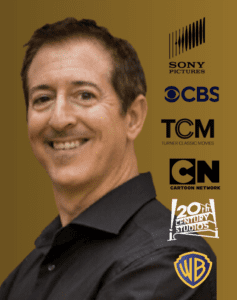
Christopher Caliendo is an Emmy-nominated TV composer, twice winner of the Heritage Award, the first composer in Hollywood history to re-score a major motion picture film for SONY Pictures, winner of the Henry Mancini Award for Film Scoring, and has had his music for film performed the LA Phil at the Hollywood Bowl alongside John Williams, James Horner, Jerry Goldsmith and Rogers and Hammerstein. Lauded for his “excellent orchestra scores…” David Kehr NY Times, Christopher embraces diverse styles from classical to electronic to world pop whose music “signals the next generation of Hollywood music.” https://christophercaliendo.com/film-scores/
